



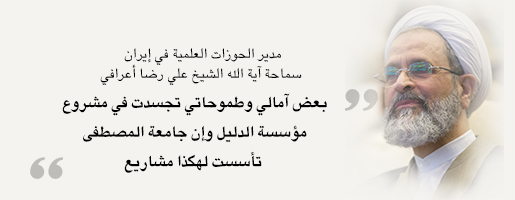
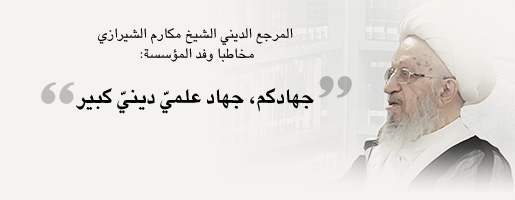

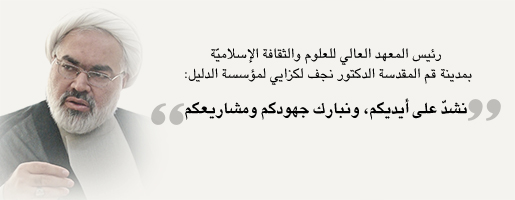

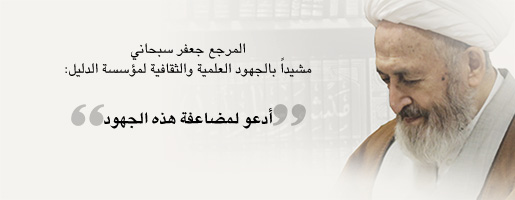
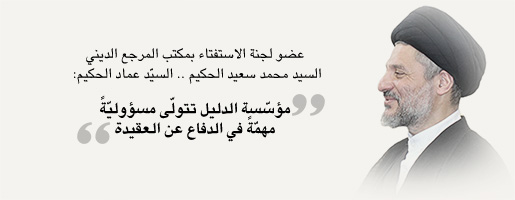

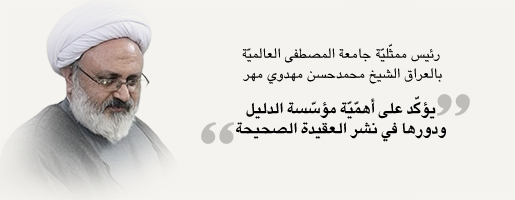
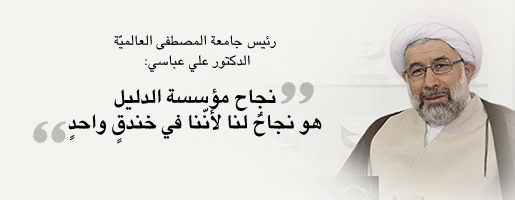


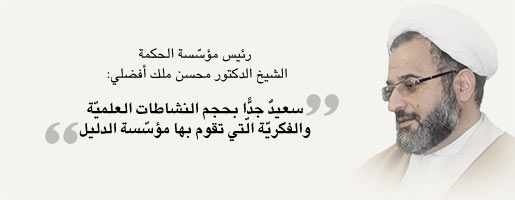

Muhammad Hasan al-Hammadi
Abstract
Among the important issues widely discussed in scientific circles in general, and in particular religious circles, is the issue of “understanding text” and the correct method in dealing with text. There is the famous view that primarily relies on the external understanding of the text to know what the purport of the speaker, because the objective is to know what the speaker wants to say. There is also the view of philosophical hermeneutics that holds a different view, where it relies of the centralisation of the interpreter. It does not want to know what the speaker says, but rather its goal is to achieve a reliable understanding of what the reader understands, based on his potential and education. The reader dictates the new text and can have a different result, and another reader can have another result, with eternal understandings to one text. This study looks into the centralisation of the interpreter in these two methods and its foundations. We have relied on the analytical critical methodology to reach a correct understanding of the Quranic text, because some Muslim researchers have fell under the influence of philosophical hermeneutics and have applied it to the holy Quran. This research shows the errors of this theory through arguing with evidence how to reach the purport of the speaker, which opposes the method of those who rely on philosophical hermeneutics.
